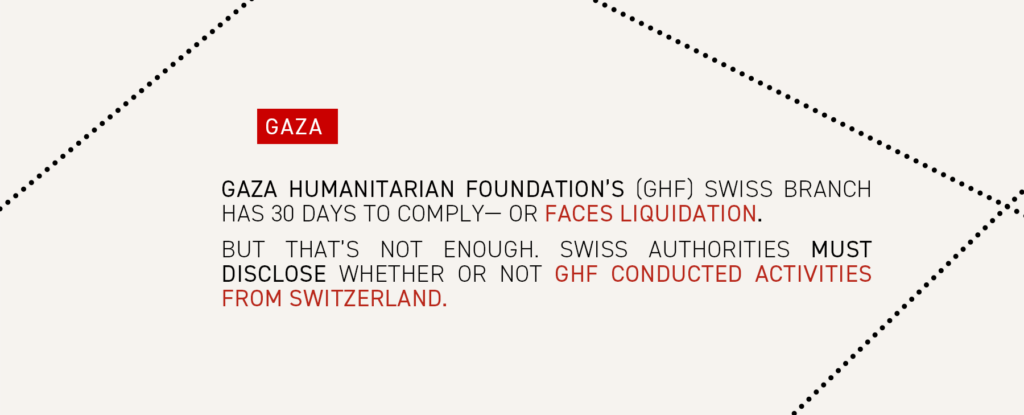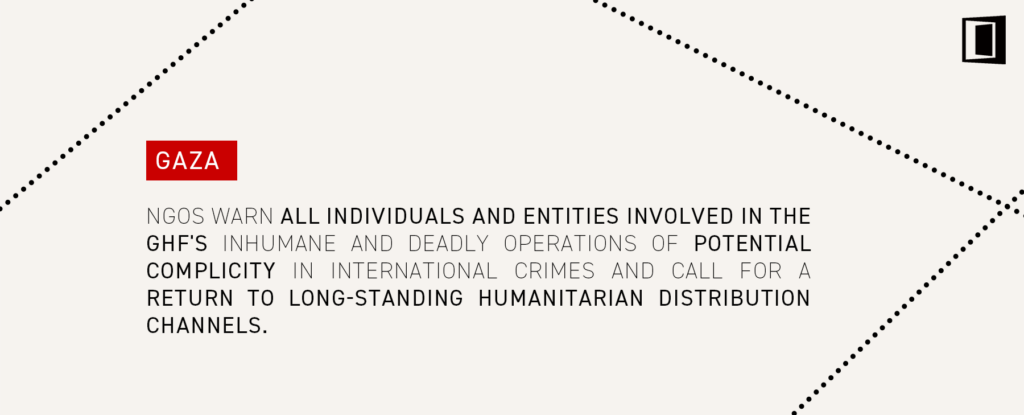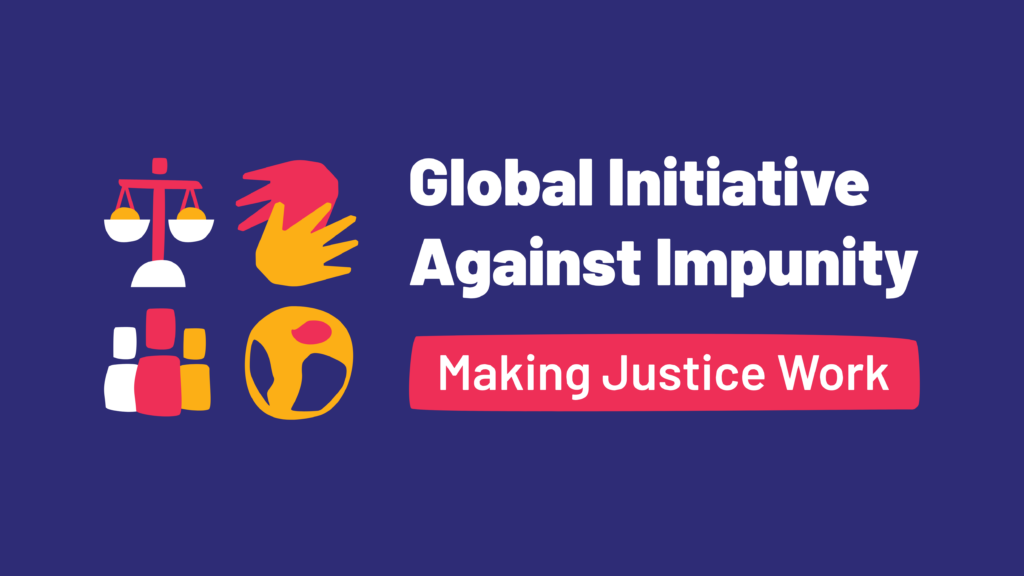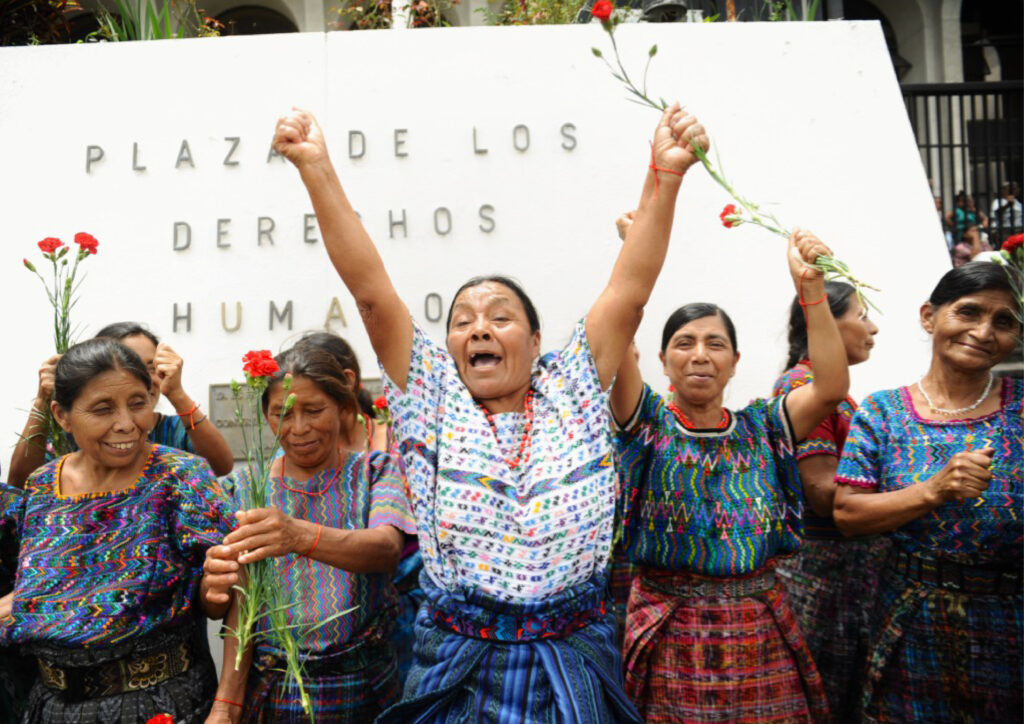DRC: Kasai-Central Court convicts militiaman of crimes against humanity
On Friday August 25, 2023, the Court of Appeal of Kasai-Central convicted a militiaman of crimes against humanity for the murder and beheading of three education inspectors, their driver and an advisor to the provincial minister. These atrocities were perpetrated at the height of the Kamuina Nsapu armed group’s insurrection in April 2017. This is one of the first trials for serious crimes held by the civil justice system in the country.
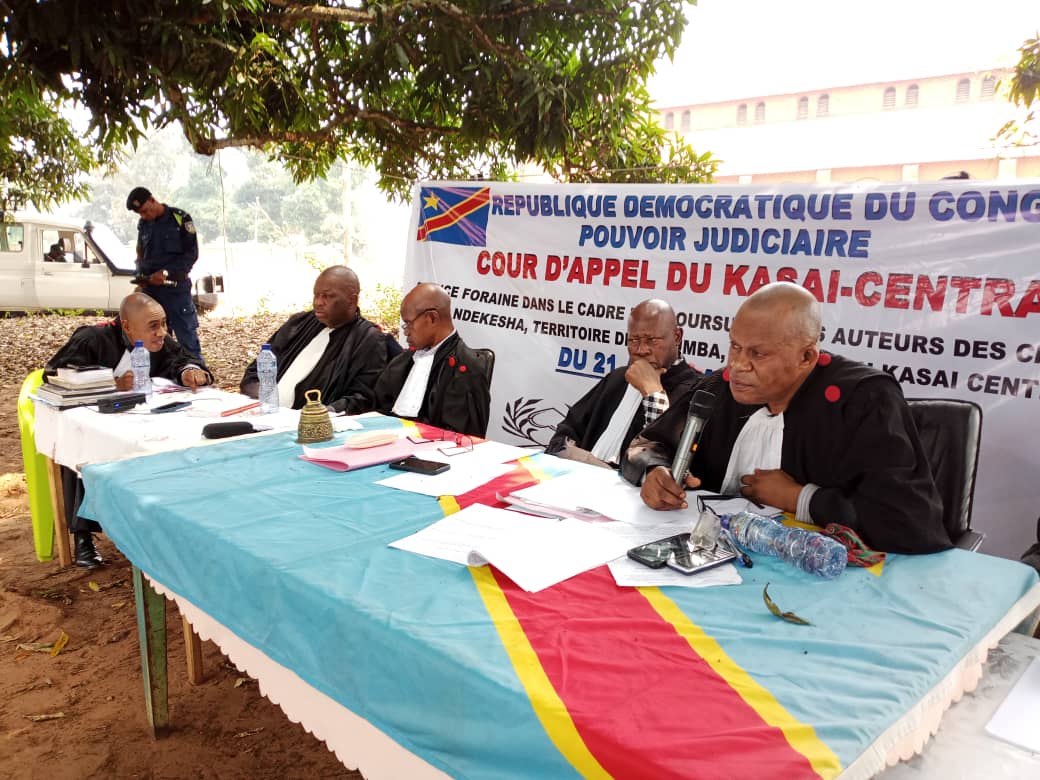
© TRIAL International
JURISDICTION (UNEVENLY) SHARED BETWEEN MILITARY AND CIVILIAN JUSTICE
Until 2013, the fight against impunity for international crimes in the DRC was placed exclusively in the hands of the military courts. According to international standards on human rights and the administration of justice, investigations and prosecutions of serious human rights violations should be carried out by the ordinary courts, due to the lack of independence and the political and hierarchical interference from which the military judiciary can suffer.
In 2013, the Congolese parliament passed a law extending jurisdiction over serious crimes to civil tribunals, in particular to the Courts of Appeal. Despite this legislation, civil courts have not yet taken up these cases, for which the military justice system continues to have a monopoly. Since 2013, more than 50 decisions have been rendered by the military courts whereas ordinary tribunals have only adjudicated two cases.
A MUCH-NEEDED BOOST FOR CIVIL COURTS
Faced with this lethargy, in recent years several partners of the Congolese justice system have systematically integrated civil magistrates into capacity-building activities. By the end of 2022, the Congolese government recruited 5,000 new magistrates who will strengthen the resources of the judiciary in the years to come.
In coordination with its partners, TRIAL International has been strengthening the technical and operational capacities of civil courts in particularly complex cases such as international crimes.
“The Kasai-Central Court of Appeal has demonstrated that the ordinary justice system has the capacity to shed light on serious crimes and sanction their perpetrators,” explains Guy Mushiata, TRIAL International’s national coordinator in the DRC. “We hope that this verdict paves the way for the civil judiciary to play its full role in the fight against impunity”.
AN EMBLEMATIC CASE IN KASAI-CENTRAL
Between 2016 and 2019, the Kasai region experienced a violent conflict between state security forces and numerous militias belonging to the Kamuina Nsapu insurgency. The civilian population, caught between the armed factions, suffered numerous atrocities, most of which are still unpunished. The Kasai-Central Court of Appeal was faced with an infamous case from this period. On April 30, 2017, a team of education inspectors charged with supervising the national baccalaureate exam had been intercepted in the locality of Bayamba (Kazumba territory, around 120 km from the provincial capital Kananga) at a blockade imposed by militiamen led by self-proclaimed general Kabue Ditunga. Three inspectors, the advisor to the provincial Minister of Education and their driver were killed and decapitated, their bodies never recovered.^
From August 20, 2023, the Court of Appeal dealt with the case in a mobile court trial held in Kazumba territory, where it heard the defendant Mulumba Kamuatoka Thomas, the victims’ families and several witnesses to the crimes. The court also viewed a video in which the defendant is seen celebrating the beheading of the inspectors with the other militiamen of the group.
At the end of the trial, the defendant was convicted of murder as a crime against humanity and of participation in an insurrectionary movement. The court awarded reparations of 100,000 US dollars to each of the five families of the victims who took part in the trial represented by a collective of lawyers supported by TRIAL International. The militiaman was sentenced to the death penalty. “The qualification of crimes against humanity clearly shows the seriousness of the acts perpetrated. However, we are concerned about the use of the death penalty as a punishment. Even if it is not applied in the DRC, TRIAL International considers the death penalty to be a violation of the right to life, as well as the right not to be subjected to cruel, inhuman or degrading treatment, a right recognized for every individual, regardless of the crimes committed”, emphasizes Daniele Perissi, Head of the Great Lakes Program.

